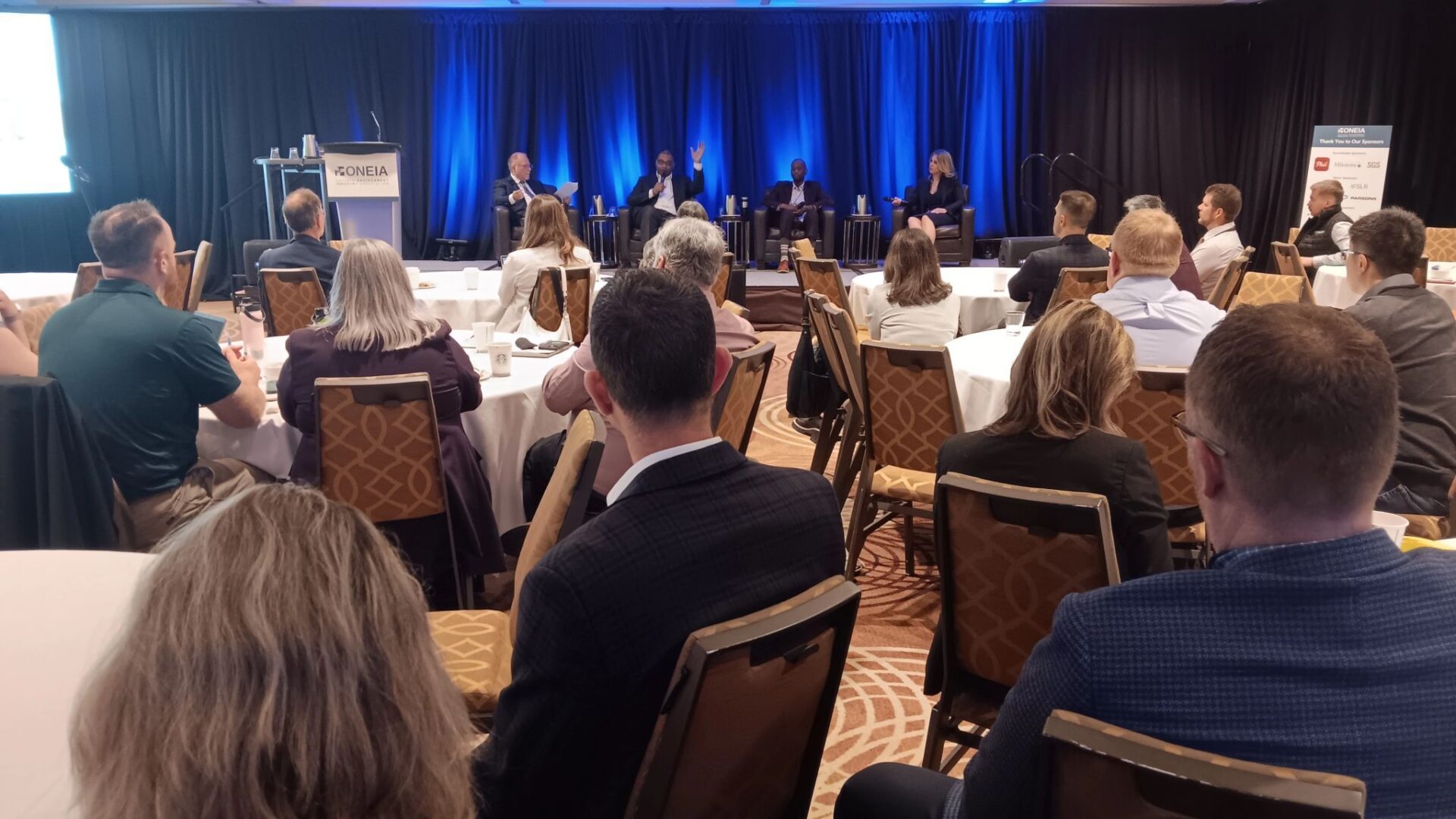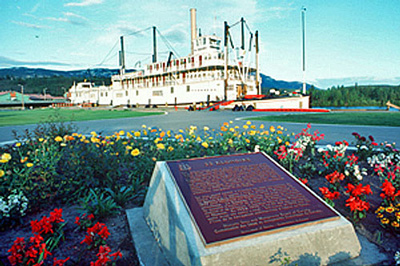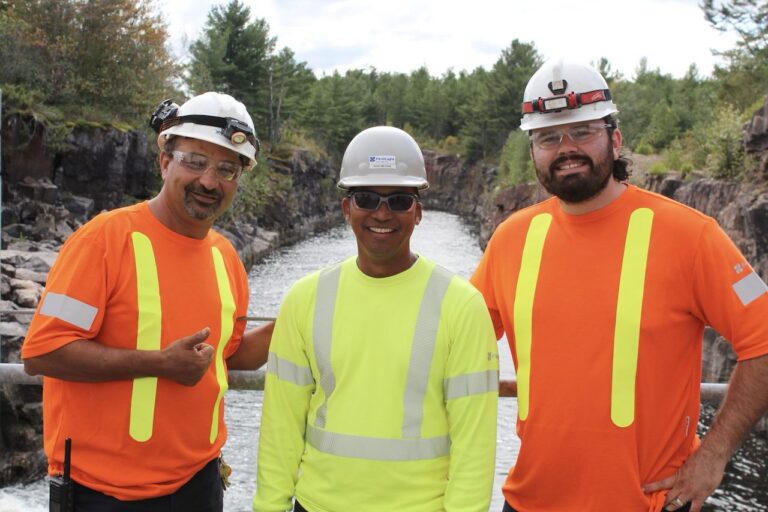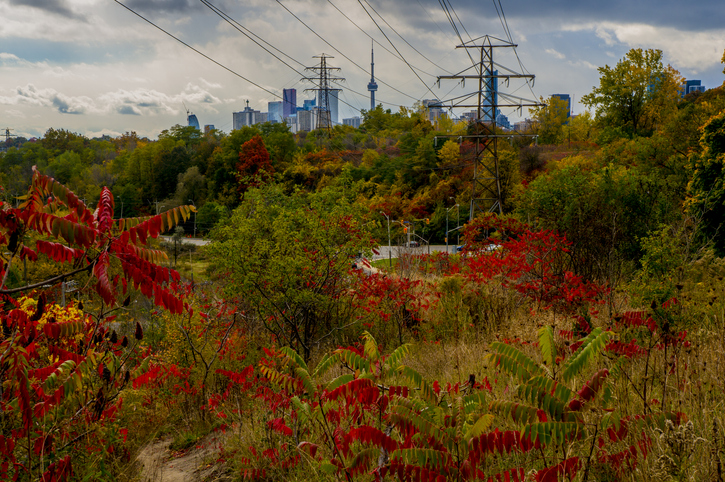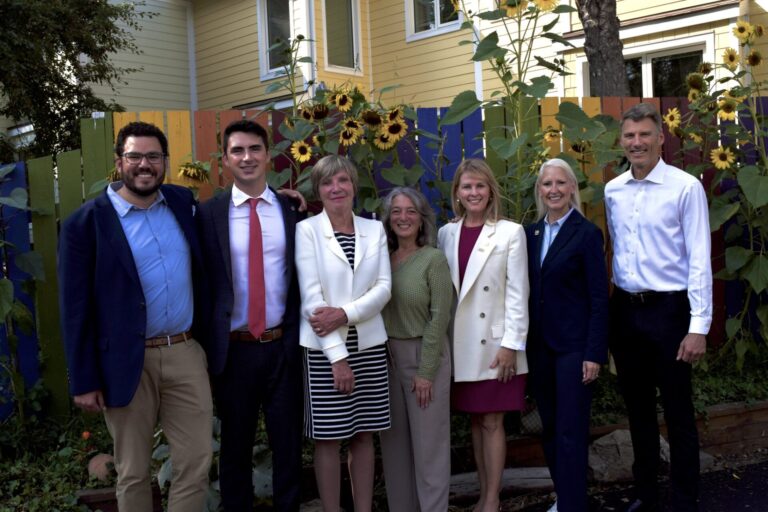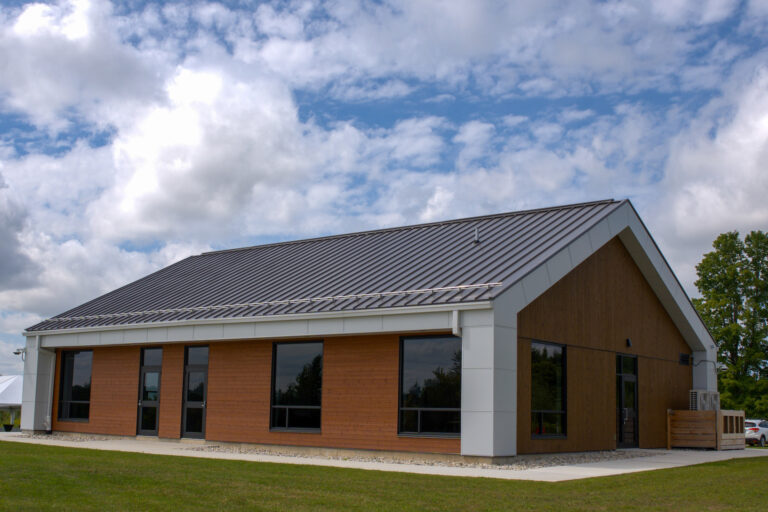Friday, September 19, 2025
Attendees were blown away by Blair Feltmate’s keynote at the 2025 Business + Policy Forum, presented by the Ontario Environment Industry Association (ONEIA) on May 8, 2025. Feltmate, Head of the Intact Centre on Climate Adaptation at the University of Waterloo peppered the crowd with grim facts and images depicting the escalating costs of climate change: flooded basements and parking garages, and wildfire damage that negatively impacts human health, productivity, and the environment.
“When things go wrong, how well are we prepared as a country?” asked Feltmate, and the answer is alarming. His compelling keynote address, entitled “Weather Gone Wild: Preparing Homes, Businesses, and Communities for Irreversible Climate Change,” had the high-level crowd of environmental experts nodding in agreement. The presentation should be shared with policymakers across the country.
“Climate change is irreversible,” he emphasized. Referencing the latest research available, he clearly articulated how the financial costs of extreme weather are bending upward, and revealed the gap in federal support for mitigation versus adaptation. However, he also shared practical guidelines that could help limit climate risk and he pointed to the need for preparation in the face of flooding and wildfire – for residential housing, commercial real estate, and all sectors. “No sector is immune from the impacts of climate change,” said Feltmate.
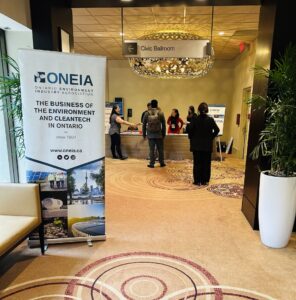
The bad news is that approximately 1.5 million homes in Canada are uninsurable for flooding (10 per cent of residential housing) and renewing mortgages where there is flood risk is more difficult. He pointed out that flooding is the most costly of all natural hazards with billions of dollar in costs to homeowners and the economy.
However, the good news is that for every 1$ invested in adaptation, we can achieve $3.8 in avoided losses. According to Feltmate, “adaptation is the gift that keeps on giving.” Where to start? He advocates sharing information with employees and customers and calling on Canadians to prepare for extreme weather risk.
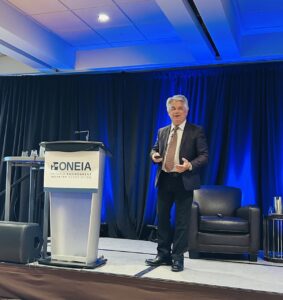
Blair Feltmate, Head of the Intact Centre on Climate Adaptation at the University of Waterloo, presents a compelling keynote address at the ONEIA Business + Policy Forum. He was recently awarded the prestigious King Charles III Coronation Medal for his pivotal role in advancing climate change adaptation efforts nationwide.
When it comes to expert guidance to limit the impact of flooding, wildfire, and extreme heat, the Intact Centre on Climate Adaptation has come up with an assortment of convenient one-pagers. The sheets are free to the public and downloadable.

Three Steps to Cost-Effective Home Flood Protection: Intense rainfall events combined with aging municipal infrastructure, increased urbanization and a lack of flood protection measures at the household level have resulted in losses in billions of dollars for Canada’s insurance companies, governments, homeowners, landlords and tenants over the past decade. The Intact Centre has developed a list of top actions Canadians can take around their home to reduce their flood risk. For the long description, click here: AODA Intact Centre Three Steps to Cost-Effective Home Flood Protection. To access these one-pagers, click here. Credit: Intact Centre.
Feltmate recently authored an article for Environment Journal‘s affiliate publication, ReNew Canada, that touches on themes discussed in this keynote. To read the article, click here.
Panel on navigating industry challenges and capitalizing on cleantech opportunities
The Industry Leaders Panel provided a dynamic conversation on Ontario’s environmental services industry including addressing economic uncertainty, managing tariff turmoil, supporting workforce development, navigating permitting and approvals process, and overcoming barriers to innovation.
ONEIA Executive Director Michael Fagan probed panelists and provided a variety of insights into how to navigate the business of the environment in Canada and the U.S. Panelists Patrick Beauger of Veolia, Sean Thompson of Psigryph, and Agnes Wietrzynski of QM Environmental did not disappoint with their direct opinions based on decades of experience in the industry.
Fagan kicked things off by asking what keeps the panel up at night. “What keeps me awake at night is looking at our capabilities and finding a way to apply those in municipalities and in the private sector to help solve issues, such as climate resilience and PFAS,” said Beauguer.
Thompson says today his challenges are financing the company and scaling manufacturing in Canada. Wietrzynski is similarly challenged by working on “multi-year large-scale projects during economically tumultuous times.”
There was a consensus that tariff turmoil and economic uncertainty are taking their toll, with heightened concerns over cost savings. However, there was also discussion of possible new opportunities through increased funding and incentives from the federal government.
“Whoever is in the White House doesn’t really matter,” emphasized Thompson. “There’s a leadership vacuum and we are trying to fill that vacuum to solve crop loses and help address the GHG crisis globally. We have a once in a lifetime opportunity to build this leadership in the temporary absence of U.S. leadership.”
Despite talk of inter-provincial trade solutions, Wietrzynski expressed concern over the challenges and the obstacles for certain projects. “Data points and market factors have changed, so some of these projects are now not as viable.” But she also pointed to a possibly “immense opportunity with the changing and evolving supply chain.”
Beauger listed the needs to address the lack of infrastructure and set priorities, to make sure playing fields are level, and to police and enforce regulatory compliance.
While there was frustration expressed for a lack of Canadian funding for biotech and innovation, there was also overall optimism about a variety of developments: a strong cohort of new talent coming out of Canadian universities, new opportunities to optimize by treating waste as a resource, emerging tools such as AI (though they did acknowledge limitations and the need for human expertise to verify data), opportunities to address the housing crisis with multi-purpose redevelopments, and gratitude for being involved in an industry that is making a positive change in the world.
“The projects we work on have a legacy,” said Wietrzynski. “There’s a sense of accomplishment. It’s a good feeling to walk the mouth of the Don River with my family, knowing we helped build that and that our company helped revitalize communities.”
Environment Journal, an Actual Media Inc. publication, is a proud media partner of this event. Event sponsors were Veolia, WSP, Milestone Environmental Contracting Inc., The Phil App, SGS, Trace Associates, SLR Consulting, GFL Environmental, Parsons, Willms & Shier Environmental Lawyers LLP, ERIS, Bird, Blue Frog Environmental and Terra Nova Environmental Services Inc.
For further information about ONEIA, click here.

